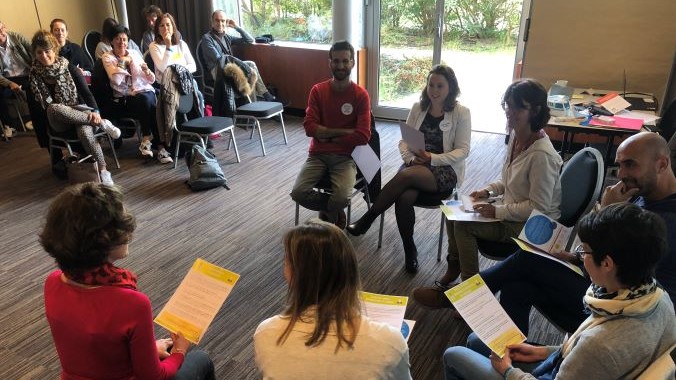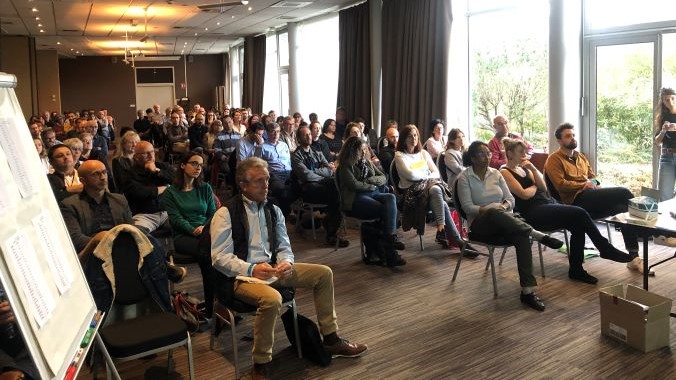Context
The intervention framework of the DDTM (Departmental Directorates for Territories and the Sea) is continuously evolving in response to new challenges: adaptation to climate change, energy transition, and changes in mobility. Agents increasingly face complex situations involving territorial issues that require joint action from different services, which may not share the same philosophy of action. There is also a proliferation of interactions with local actors and management of dynamics among actors with heterogeneous powers of action. In light of this, the DDTM of Landes sought to organize a working seminar with all its teams to (re)create connections between services, identify each one’s needs, and propose collective action paths to enhance their coordination.

One day of the seminar with 115 agents from 5 services, 3 support and knowledge missions, and 2 territorial delegations
16 interviews with agents, a role-playing game containing 4 fictional scenarios
21 proposals to improve collaborative work among agents, 5 open questions on agents’ attitudes, data-sharing modalities, etc.
Our mission
The DDTM of Landes enlisted Lisode to design and facilitate this seminar. To allow agents to reflect on their practices while ensuring constructive and precise discussions, Lisode proposed to create a role-playing game composed of 4 complex meeting scenarios (each involving about a dozen different roles). This tool was developed based on a series of interviews with a panel of DDTM agents. After a cross-analysis, we identified several types of situations that question the current functioning of the institution and translated them into 4 game scenarios.

Impacts and results


